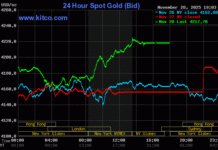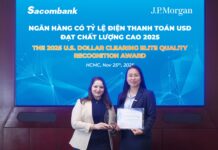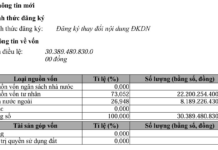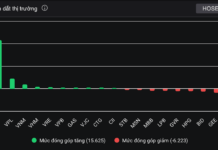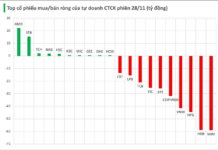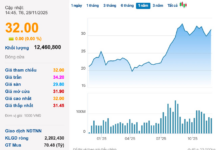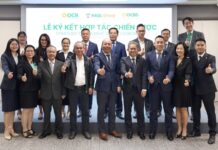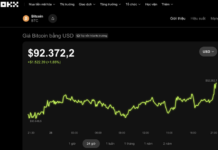Sharing about the investor sentiment with the real estate market in the Asia-Pacific region, Mr. Pham Anh Duy believes that the current real estate price adjustment cycle has ended. Investors are seeking opportunities in the real estate market. However, the investor sentiment is still cautious and waiting, resulting in a generally weak demand.
Investors in most markets, such as Japan, will continue to adopt a wait-and-see approach in the first half of 2024. It is not until the second half of 2024 that the activity of buying and selling new commercial real estate projects will accelerate again as interest rates continue to be adjusted downwards.
According to Mr. Duy, Japan remains the most preferred market in cross-border investment activities for the fifth consecutive year. Singapore and Australia rank second and third, respectively. Investors are still attracted to markets with high liquidity and stability.
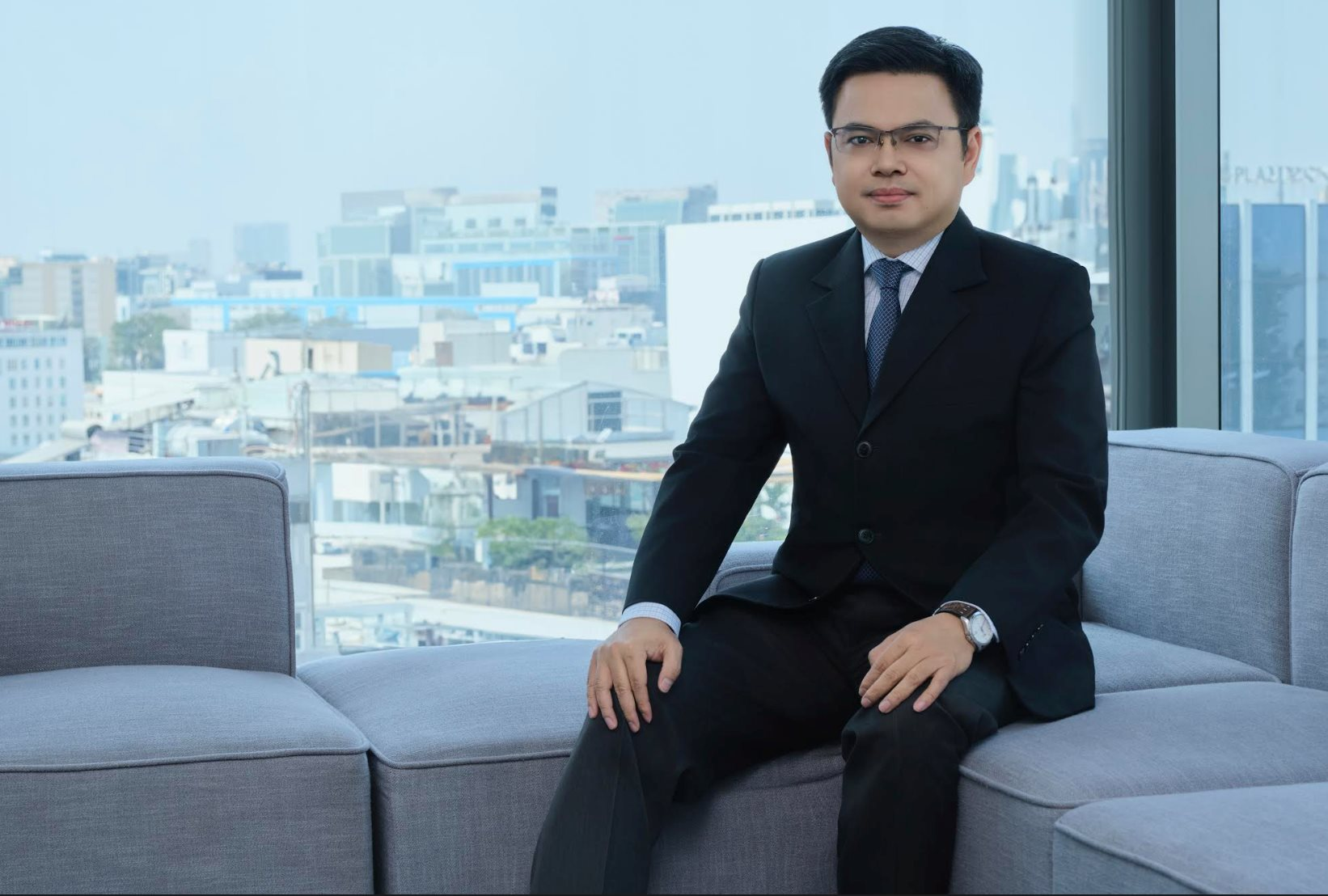
Mr. Nguyen Pham Anh Duy, Director of CBRE Vietnam Investment Advisory Division
On the other hand, with the majority of investors in the Asia-Pacific region seeking double-digit profit targets, investors have shifted their investment strategies to focus on assets that have the potential for value appreciation or assets facing debt repayment issues and need to be discounted. Investing in value-added assets tops the list of priority investment strategies in 2024. Specifically, over 60% of investors, primarily private funds, real estate funds, and REITs, have plans to upgrade prime buildings in their investment portfolios to ESG standards in 2024; this is also a trend to pursue value enhancement strategies.
According to CBRE’s survey, Vietnam ranks second among the most sought-after emerging markets in terms of investment strategy opportunities and value enhancement, second only to India.
Vietnam’s market has a unique context, where investment portfolios include income-generating assets that are very scarce and typically not heavily traded on the market. Most investors in Vietnam focus their attention on industrial and office real estate. Vietnam’s robust economy and export-oriented approach have boosted commercial activities, creating strong demand for efficient supply chain management and logistics. Investors recognize the potential of these drivers and are therefore highly interested in industrial real estate.
In addition to commercial real estate, residential development projects in Vietnam continue to attract strong interest from investors. Many investors actively seek discounted assets or assets owned by landowners facing legal or capital difficulties. This trend highlights the recovery potential and attractiveness of the residential segment in Vietnam.






